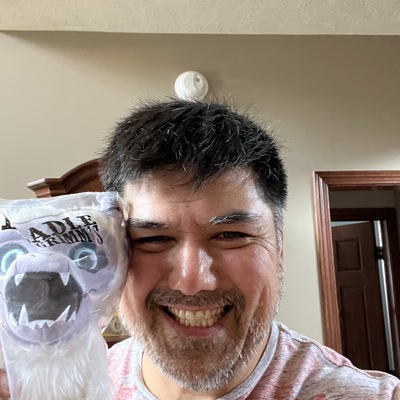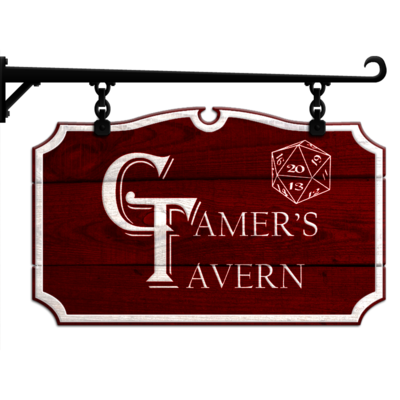Let’s hope they move to Paizo and join the work on pathfinder 2.5.
I’d really like an update to Starfinder, the rules are still a bit clunky
Man, do I have good news for you…
Are there any 5.5 physical sourcebooks? Were they ever planned at all?
I haven’t been following One D&D news, but I got the impression they were focusing on a subscription-only model, so I’ve been planning to stick with my 5e books or switch to an ORC-licensed system.
If WOTC adopts the subscription-only model, remember, you can save each chapter of the digital books in PDF by pressing Ctrl+P in the PC browser. Then just unsubscribe, screw them
Citation needed.
From the video (basically the first thing said):
It just came to me from Ben Riggs … I’m going to read it exactly as I received it: Multiple independent sources with knowledge of the situation say that the team in charge of production and distribution of physical DND books was laid off in December 2023. So that’s the previous round of cuts. Now I’m not a journalist, but Ben is, so I consider that solid.
That’s not a citation. That’s a quote of hearsay.
Not everything that some specific person said is automatically true. However, a specific quoted statement made by an identified qualified source is, in fact, a citation. Now we know who (allegedly) said it, and we can get on into a conversation about whether they actually said that, or whether they’re qualified, or what other qualified people say about it or bring other sources to bear etc.
What would you say is a citation, if not who said it, why they’re qualified, and what they said?
citation noun [C] (EXAMPLE): a word or piece of writing taken from a written work.
I guess it depends if they were taking a quote from published work?
This is such a silly aspect of this to be spending this many words on.
citation /sī-tā′shən/
noun- The act of citing.
- A quotation of or explicit reference to a source for substantiation, as in a scholarly paper.
- A reference to a previous court decision or other authority for a point of law, usually by case title and other information.
The American Heritage® Dictionary of the English Language, 5th Edition • More at Wordnik
This is number 2. Usually an explicit reference is enough, but in this case it’s got the exact quote, the exact source who said it (you can contact him on Twitter if you want to verify it or find out more), why the source considered it reliable information, and why they should arguably be considered an authoritative source. Again: Doesn’t mean what’s in the video is true. But it forms a basis for starting to talk about whether it’s true.
I think people have gotten accustomed to invoking the word “citation” as a way of disagreeing with something they don’t think is proven, so much so that they’ve lost sight of the actual concept involved and the next steps once you have the source and what they said. It seems like at this point it’s just a way to sound smart or skeptical in a comment.
I think, too, people have interpreted “citations” as “smoking gun proof”, and not, literally, just the thing that was said, and the name of the person who said it/location where you can find the thing that was said. As if the point of citing sources is to win arguments, not to let information be traced and independently verified.
There’s an infamous Twitter exchange among the online Toronto Blue Jays fandom, where the team’s official Twitter account announced that a player was injured, and someone replied with “Source?”
The team’s account replied in turn with “Literally us, the Blue Jays”.
@btmoo @Alphastream I think this is entirely bogus. Yiu also follow this, any insight Teos?
@Alphastream @darjr @btmoo Got into a discussion about this on a Discord server.
It was the D&D fiction team, not the D&D rules/game book team.
And they were part of the layoffs from Hasbro, not fired.
Frankly, considering the guy says in the video they were laid off and not fired AND this guy’s done this clickbait crap in the past, Hasbro/WotC should start sending C&Ds for defamation since they’re knowingly lying.
As if anyone’s been making the distinction between “laid off” and “fired” when talking about these corporate restructurings.
They lost their jobs. They no longer work there. That’s what they’re saying, and that’s what they’re trying to say. Words have different connotations in different contexts, and those contexts can be inferred by listening to the other words that they’ve said.








